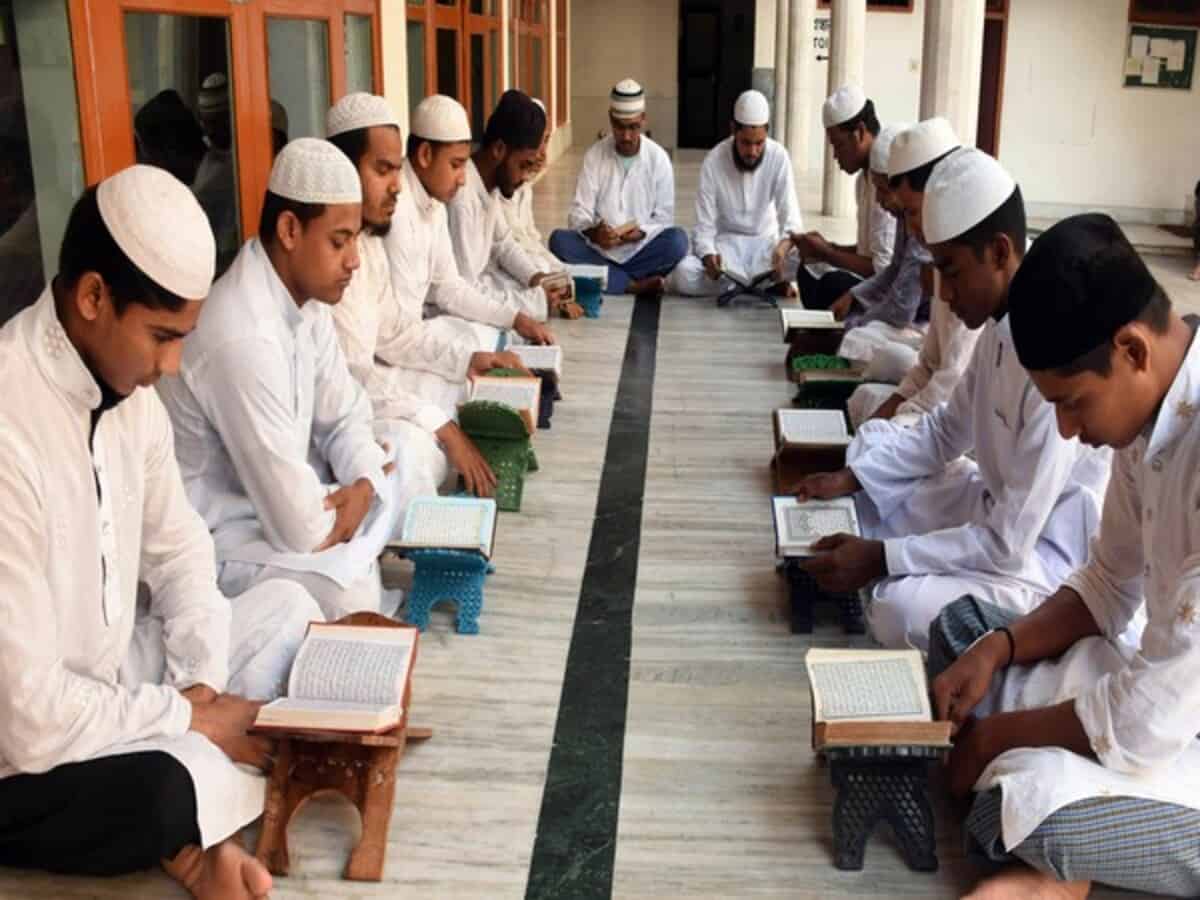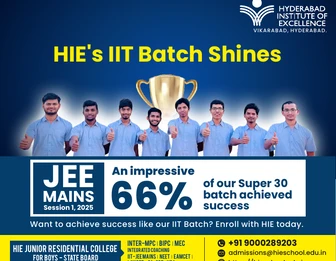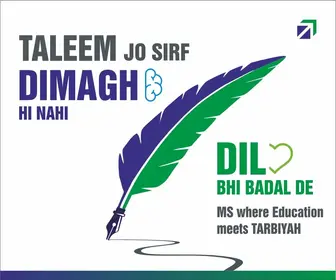
The Uttar Pradesh government has stepped up the monitoring of madrasas following two significant incidents involving illegal currency printing operations. The first case emerged in Prayagraj in September last year followed by a recent similar discovery in the Shravasti district on Thursday, January 2.
During the raid in the Shravasti district, the police seized fake Indian currency note (FICN) amounting to Rs 35000 along with other equipment such as laptops, colour printers, multiple ink bottles and paper used for printing.
After the development, state minority welfare minister Om Prakash Rajbhar added fuel to the fire by saying “First Prayagraj, now Shravasti. Such incidents put all madrasas under suspicion. We will investigate every madrasa in the state and action will be taken.”
However, his statement garnered huge criticism with many accusing the government of generalizing whole Muslim education institutions based on certain acts.
Biased narrative
According to Shravasti superintendent of police (SP) Ghanshyam Chaurasia, five individuals have been arrested in connection with fake currency note racket. It was being operated on the premises of the Madrasa Fazr-ul-Nabi in Malhipur mosque in Shravasti district.
SP Ghanshyam said that among the five arrested, three are from the Hindu community identified as Ram Sewak, Awadhesh Kumar Pandey, and Dharam Raj Shukla.
Despite police clarification, there is mounting pressure on madrasas and the local Muslim community in the area. The arrests have amplified concerns of biases in the government’s approach provoking fears of a crackdown on Muslim educational institutions.
Madrasa authorities have flagged concerns over the government’s stance, urging for impartiality. Critics stressed that such incidents although serious should not lead to the generalisation of an entire educational network, especially implicating any community.
Madrasa’s in UP
There are about 25000 madrasas in Uttar Pradesh out of which, about 16000 are affiliated to the Uttar Pradesh Madrasa Board. The other 8000 are unregistered, although they function legally, they are accorded few rights to educational materials and legal assistance.
These institutions come with diverse academic and religious courses such as Kamil a four-year education that is equivalent to a bachelor’s degree, Fazil a five-year education that is equivalent to a master’s degree and Qari which is an educational diploma in Quran recitation.
Madrasas in BJP states under target
The scrutiny on madrasas aligns with a broader trend observed in BJP-governed states and fits perfectly into a pattern that has been recently visible in other BJP-governed states.
Assam’s chief minister Himanta Biswa Sarma has personally spearheaded the effort to shut down madrasas in the state and convert them into formal schools, claiming that the madrasa teachers involve religious training.
However, critics argue that such actions violate the Constitutional guarantees of the practice of religion and an unfair targeting of Muslims.
On March 15, 2024, a bench of the Lucknow Bench of the Allahabad High Court quashed Uttar Pradesh Madrasa Education Board Act, 2004 on charges of affirmative violation of the principles of secularism.
The Supreme Court later put a stay on the implementation. However, limited its scope to higher education degrees like ‘Kamil’ and ‘Fazil.’


